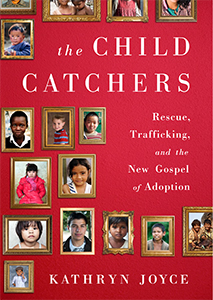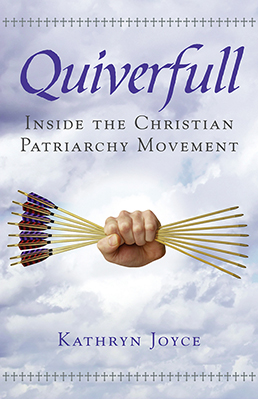New story at RH Reality Check:
“We all knew what it meant when a big car arrived,” says Philomena Lee, the namesake character of the Oscar-nominated film Philomena(starring Judi Dench), which tells the tale of an Irish Catholic mother separated from her son by one of Ireland’s infamous 20th century Magdalene Laundries. The laundries were convents-cum-reformatories where unwed pregnant women (or girls caught having sex, or girls who were raped, or girls just thought to be promiscuous), were sent to atone for their sins—usually through hard labor, washing laundry sent in from neighboring villages. They were also de facto adoption agencies, as Catholics from Ireland, but more often the United States, came to adopt the children delivered by pregnant Magdalenes.
What the big car meant, in Philomena’s case, was that an American doctor and his wife had come to adopt her son, Anthony. Like other children born in the convent, Anthony was labeled an orphan, abandoned by his mother, who, though she lived in close proximity to him in the convent, was only allowed to see him an hour a day. Like most other mothers in the laundry, Philomena had to watch as her son was delivered into strangers’ hands, while she remained to work in the convent to pay off her debt for being taken in: four years of labor in lieu of a £100 fee she couldn’t afford. Fifty years later, a modern generation of nuns, wearing friendly cardigans and pouring tea, offered Philomena sympathy, but no information on Anthony’s whereabouts, while residents of the local town whispered that the nuns burned documents to obscure how they’d “sold all those babies to America.”







